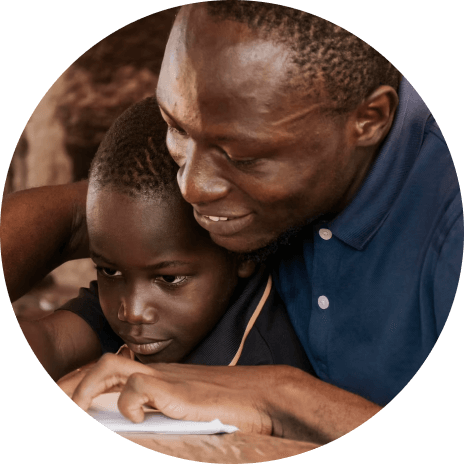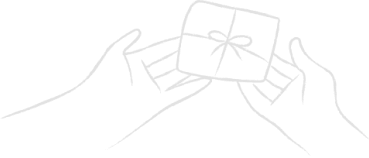- interafricanc@gmail.com
- ECA/ Africa Hall, Menelik Avenue P.O Box 3001, Addis Ababa, Ethiopia
About Us
ABOUT IAC
Creating a society for African women and children to enjoy their Human Rights
The Inter-African Committee on Traditional Practices affecting the Health of Women and Children (IAC) is an international and African regional umbrella body that has been working on policy programmes and actions to eliminate Harmful Traditional Practices in the African Region and worldwide. The Africans supported by the International Community created IAC in February 6th 1984, in Dakar. It was formed at a time when female genital mutilation was a highly controversial and a sensitive issue for discussion and there was a critical need for an African regional voice in an international campaign against FGM.
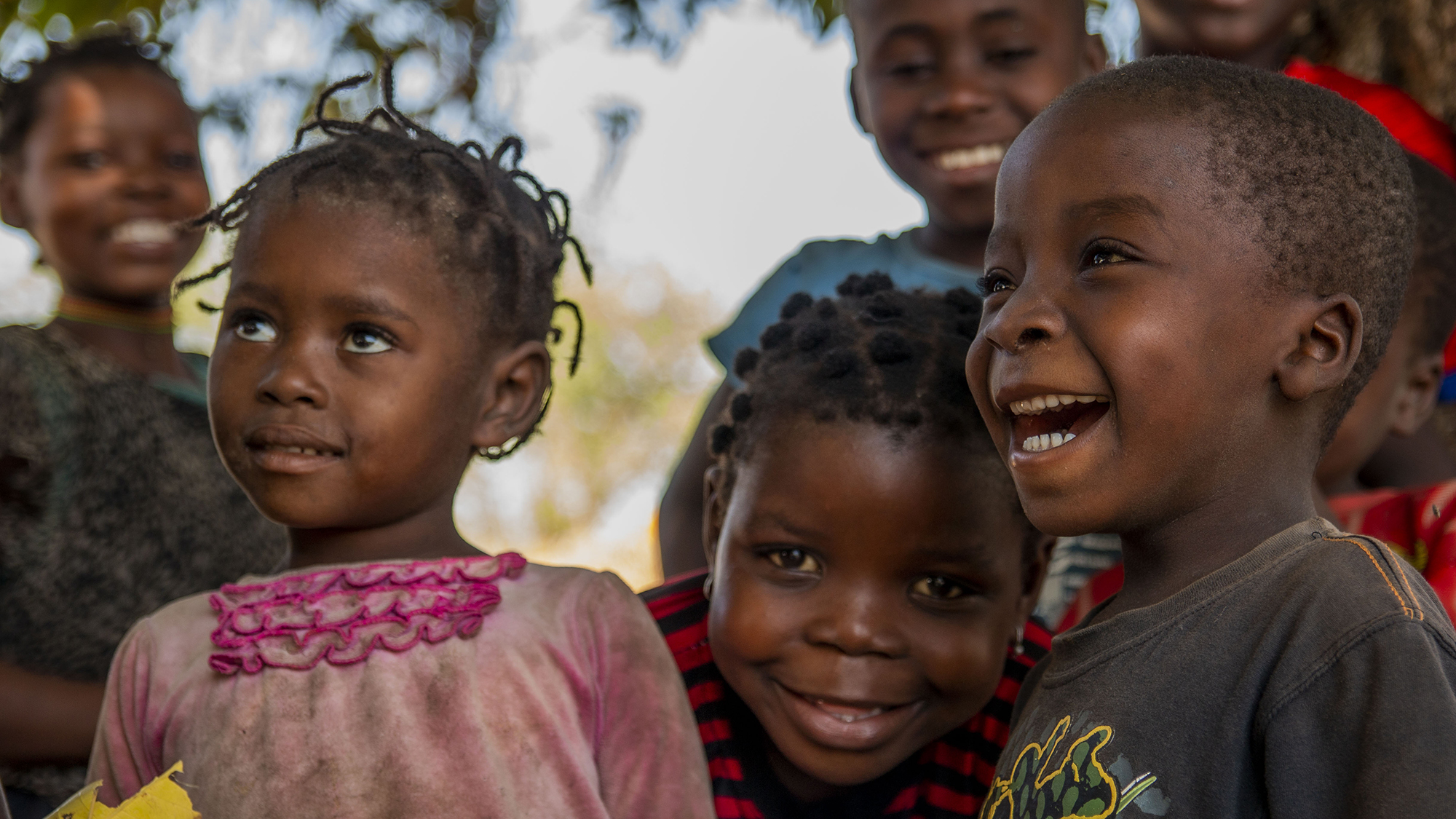
Worldwide, Our
Community Adopted
One Mission
The Vision of IAC is to see a society in which African women and children fully enjoy their Human Rights free from harmful traditional practices.
The Mission of IAC is the promotion of gender equality and contribution to the improvement of the health status, social, economic, political, human rights and quality of life of African women and children through elimination of harmful traditional practices (HTPS) and the promotion of beneficial ones.
The guiding principle is Education, to bring a positive change of attitude and capacity building in affected communities.
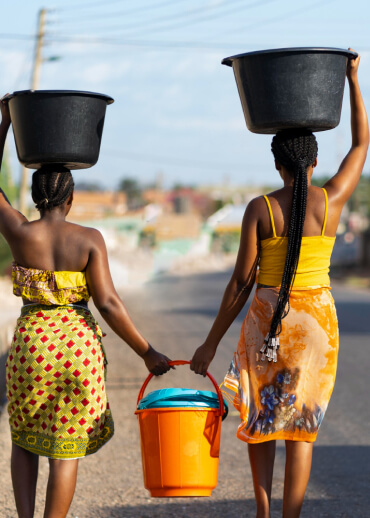
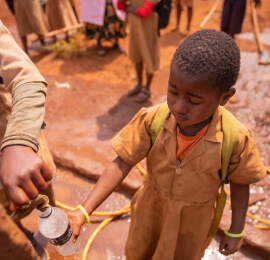
25+
Years of
experience

Its two main objective are to:
The headquarters of IAC is in Addis Ababa, Ethiopia, where it is registered as a non-profit organisation and it has a liaison office in Geneva. The IAC has national chapters, referred to as national committees, in 29 African countries. The IAC links to African population groups in the diaspora through its many affiliates throughout the world (Belgium, France, United Kingdom, Spain, Germany, Sweden, Norway, Italy, Canada, USA, New Zealand, Japan).

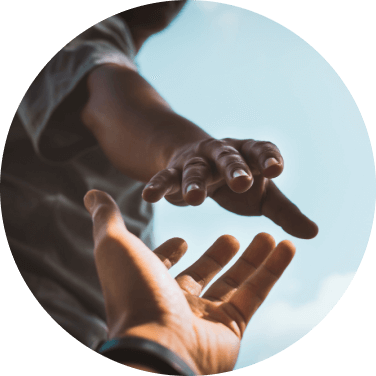

The IAC is organised as follows:
A General Assembly which consists of all the national committees;
The Executive Board (consisting of members from 5 African countries elected by the General Assembly + 6 zone coordinators);
The Executive Branch (secretariat) that includes all technical staff in Addis Ababa and Geneva;
National committees;
Affiliates around the world (19 non-African countries)
Scientific committee; and
Thousands of volunteers participated in the work of IAC in all the countries.

The Inter-African Committee enjoys consultative status with the United Nations (UN/ECOSOC) and holds an observer status with the African Union. It works in partnership with UNFPA, WHO and UNICEF and is a member of the NGO network affiliated to the International Organisation of Francophone countries. The IAC collaborates with several international organisations active in the field of the protection of women’s and children’s human rights.
Working within the framework of the 1979 United Nations Convention on the Elimination of All Forms of Discrimination Against Women (CEDAW) and with a number of partners, IAC has made a major contribution in raising awareness at all levels of policy on harmful practices, particularly female genital mutilation, and in advocating for their recognition and/or integration in various United Nations and regional human rights treaties, statements and declarations of major UN conferences on women. These include:
- 1984: Convention against torture and other cruel, inhuman or degrading treatments or punishment;
- 1990: United Nations Convention on the Rights of the Child (article 24.3):
- 1990: African Charter on the Rights and Welfare of the Child;
- 1993: United Nations Declaration on the Elimination of Violence against Women (Res. 48/104, 48 U.N. GAOR)
- 1994: International Conference on Population and Development (ICPD) (Cairo)
- 1995: United Nations 4th World Conference on Women (Beijing)
- 1997: WHO Regional Plan of Action to accelerate the elimination of FGM;
- 1997: Joint WHO/UNFPA/UNICEF Statement for the elimination of FGM (updated in 2008);
- 1999: United Nations Resolution, ECOSOC, A/RES/53/117 on FGM;
- 2003: Protocol to the African Charter on Human and Peoples’ Rights, on the Rights of Women (referred to as the Maputo Protocol).
In 1990, the IAC General Assembly voted to adopt the terminology female genital mutilation and its acronym FGM to replace the euphemism ‘female circumcision’, during its General Assembly held in Addis Ababa. FGM has since been in usage by United Nations ECOSOC, African governments, African women and the international public.
In February 2003, the Inter-African Committee organised an International Conference entitled “Zero Tolerance to Female Genital Mutilation” that led to three major outcomes:
- The adoption of the 6th of February by the UN as an International Day of Zero Tolerance to Female Genital Mutilation (FGM);
- A call on African Heads of State requesting their personal commitment and involvement in the struggle for the elimination of female genital mutilation (FGM) ;
- Joining efforts between different actors (governments, UN institutions, parliamentarians, legislators, policy makers, NGOs…) in order to coordinate their approaches and harmonise activities under the coordination of the Inter-African Committee.
In the 29 African countries where FGM is a traditional practice, the IAC national committees and other development partners have intensified actions to prevent FGM at local level.
In 1998 (Banjul, The Gambia), in 2001 (Dar-es-Salaam, Tanzania), in 2005 (Egypt and Burkina Faso) and in 2007 (Abidjan, Côte d’Ivoire), IAC organised four symposia respectively for religious leaders who created a Network of African Religious Leaders against FGM and for Development. This network has developed a practical guide for advocacy and sensitization on female genital mutilation.
Since 2000, the Inter-African Committee initiated the creation by young people from its 29 member countries, an African Regional Network of Youth for the elimination of female genital mutilation (FGM). The second forum of this network was held in November 2006, in Addis Ababa, and it resulted in the formulation of a youth programme for both national and regional levels.
The Inter-African Committee has also established a scientific committee to:
- Give scientific support to activities, projects and programmes;
- Make scientific analysis of results; failures and successes;
- Provide scientific support in designing, implementing, monitoring and evaluation of activities;
- Carry out operational and fundamental research on HTPs/FGM.
Through picture boxes, slides, videos, conferences and debates, advocacy, information and sensitization of communities, religious leaders, excisers, information and communication professionals, both traditional and modern, political leaders, legal and health professionals, teachers and educators, members of Parliament, women, men, youth, corporations, in other words all sectors of society, IAC had first broken the taboo surrounding this practice, before giving proof that it is one of the worst and obvious violations of the rights and physical and psychological integrity of women and girls. We have worked at four different levels: community, national, regional and international.
The Inter-African Committee, convinced that FGM is a violation of the rights of women and girls, and that these rights are universal, has adopted a simple concept: universal solutions to universal problems.
Based on this observation, the IAC launched, in 2010 a draft resolution of the United Nations General Assembly banning female genital mutilation worldwide.
In this regards the Inter-African Committee has worked for the last 30 years at community, national, regional and global levels and consequently brought significant achievements:
- The taboo has been broken around these practices;
- Awareness on harmful effect of HTPs has been increased;
- Supported by their communities thousands of excisers (FGM practitioners) have abandoned the practice;
- Political commitment at national, regional and international levels has been showed;
- An international Day on Zero Tolerance to FGM has been adopted (February 6);
- The Protocol to the African Charter on Human and Peoples’ Rights on the Rights of Women in Africa has been adopted;
- The specific law against FGM has been adopted in 20 African countries and many other non African countries;
- Upon the initiative of IAC, the United Nations General Assembly has adopted the resolution A/RES/67/146 ‘’Intensifying global efforts for the elimination of Female Genital Mutilations’’ in December 2012;
- The prevalence of FGM has decreased in all countries;
To consolidate its achievements and pursue its struggle, the IAC has developed in 2013 a Collaboration Strategy with:
- THE AFRICAN UNION COMMISSION (AUC)
- THE AFRICAN COMMITTEE OF EXPERTS ON THE RIGHTS AND WELFARE OF THE CHILD (ACERWC)
- THE UN ECONOMIC COMMISSION FOR AFRICA (UNECA)
- UNITED NATIONS CHILDREN’S FUND (UNICEF)
- UNITED NATIONS POPULATION FUND (UNFPA)
The Inter-African Committee was awarded by UNFPA with the prestigious United Nations Population Award in 1995. (Photo attached).

